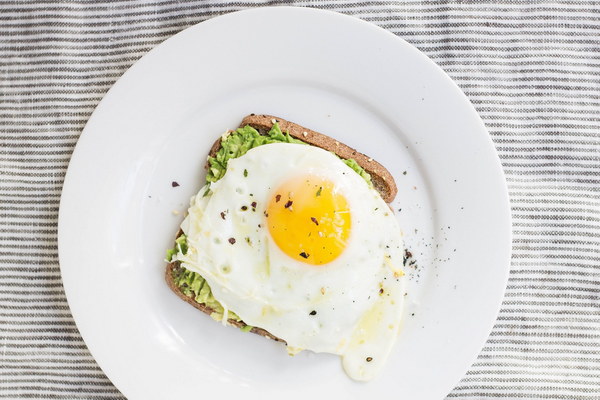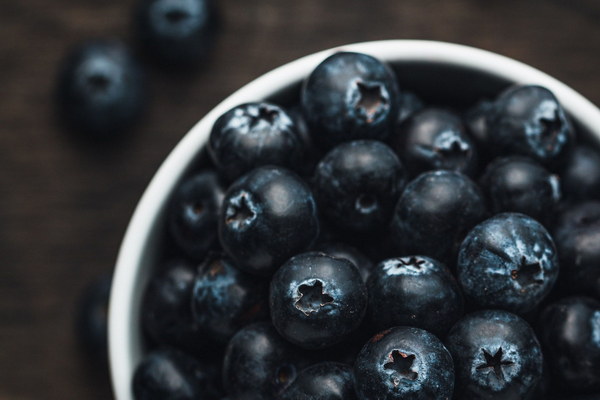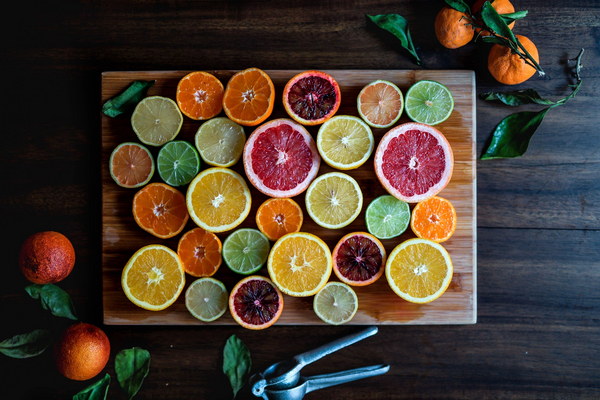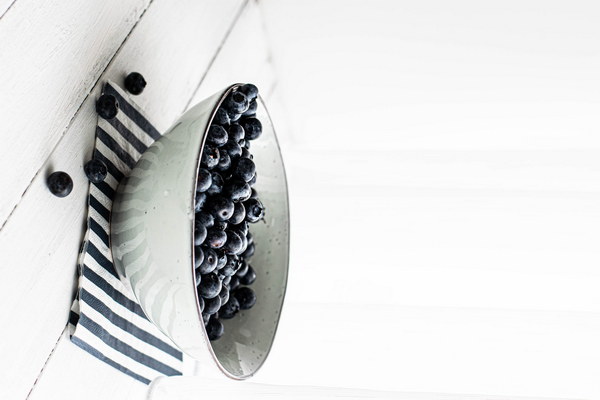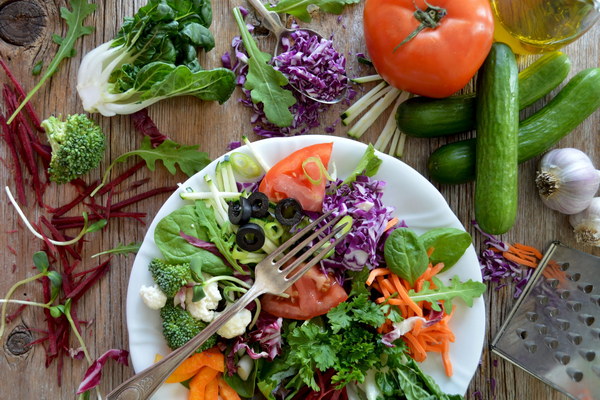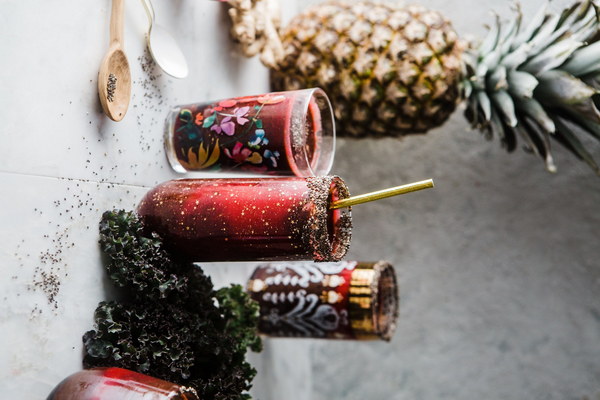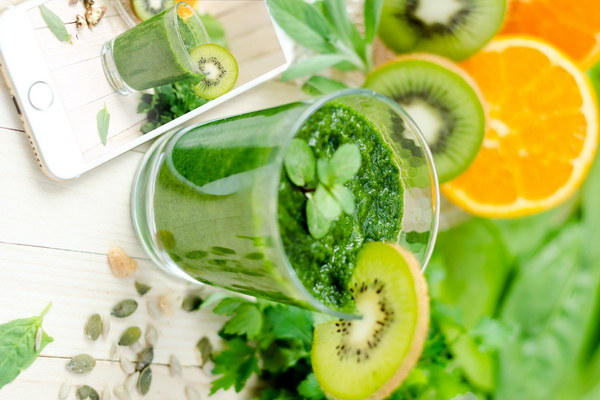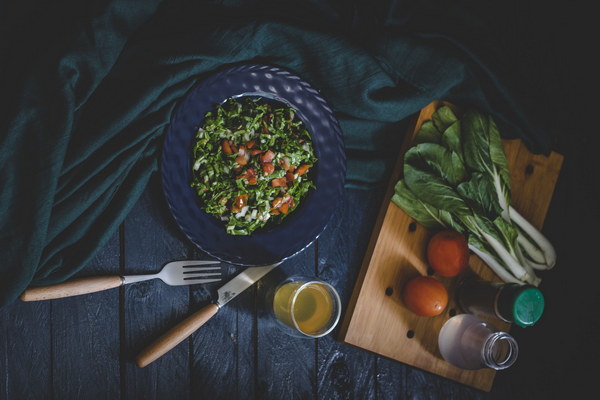Boosting Blood and Qi with Whole Grains A Nutritional Guide to Traditional Remedies
Boosting Blood and Qi with Whole Grains: A Nutritional Guide to Traditional Remedies
In traditional Chinese medicine (TCM), the concepts of blood and qi play a crucial role in maintaining overall health and vitality. Blood, or xue, is seen as the substance that nourishes the body and mind, while qi, or vital energy, is the life force that animates the body. Both are vital for good health, and deficiencies in either can lead to various ailments. One way to support and improve the health of both blood and qi is through diet, particularly by incorporating whole grains into your meals. Here’s a guide on how whole grains can help boost blood and qi in the context of traditional Chinese medicine.
Understanding Blood and Qi in TCM
In TCM, blood is more than just the liquid that circulates through the body; it encompasses the body's overall vitality and health. It is responsible for the nourishment of tissues, the maintenance of temperature, and the regulation of the immune system. Qi, on the other hand, is the energy that animates the body and is essential for all bodily functions. It is considered to be the foundation of life itself.
The Role of Whole Grains
Whole grains are an excellent source of nutrients that are beneficial for both blood and qi. They are rich in vitamins, minerals, fiber, and other compounds that can support the body's internal systems. Here are some specific ways in which whole grains can help boost blood and qi:
1. Iron and Vitamin C: Iron is a key component of hemoglobin, the protein that carries oxygen in the blood. Consuming whole grains high in iron, such as quinoa, oats, and barley, can help combat iron deficiency, which can lead to anemia and weakness. Pairing these grains with vitamin C-rich foods can enhance iron absorption.
2. B Vitamins: B vitamins, particularly B12, folate, and niacin, are essential for the production of red blood cells and the maintenance of a healthy blood supply. Whole grains like brown rice, whole wheat, and bulgur are rich in these vitamins.
3. Fiber: Fiber helps to move things along in the digestive system, which can be beneficial for the absorption of nutrients and the overall health of the digestive tract. A healthy digestive system is important for the production and circulation of blood.
4. Antioxidants: Whole grains contain antioxidants that can help protect the body from oxidative stress, which can damage red blood cells and lead to a decrease in blood and qi.
Specific Whole Grains to Consider
- Quinoa: This ancient grain is a complete protein and contains high levels of iron, magnesium, and B vitamins, making it beneficial for blood and qi.
- Oats: Oats are a good source of iron, fiber, and vitamin B, all of which contribute to healthy blood and qi.
- Brown Rice: Rich in fiber, B vitamins, and minerals like magnesium, brown rice can help support blood and qi.
- Bulgur: Made from wheat, bulgur is a good source of iron and B vitamins, making it another nutritious option for boosting blood and qi.
- Barley: Barley is known for its high fiber content and can help with digestion, which is important for the absorption of nutrients into the bloodstream.
Incorporating Whole Grains into Your Diet
To incorporate whole grains into your diet and potentially boost your blood and qi, consider the following tips:
- Replace refined grains like white bread and pasta with whole grain versions.
- Add a handful of oats to your morning yogurt or smoothie.
- Use quinoa as a base for salads or as a substitute for rice.
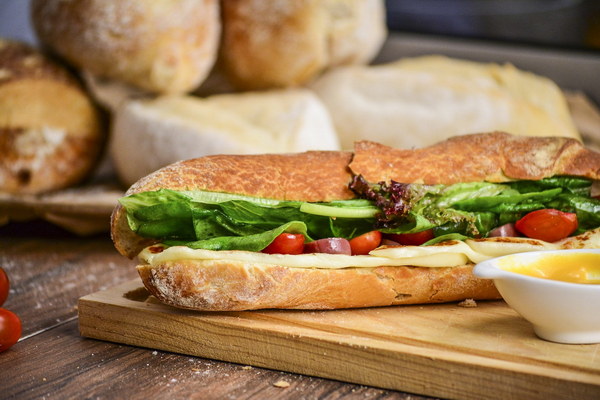
- Cook with barley or bulgur in soups and stews.
- Experiment with different whole grain recipes, such as whole wheat pancakes or whole grain breads.
Remember that while whole grains can be a part of a holistic approach to boosting blood and qi, they should be part of a balanced diet that includes a variety of other nutrients. Additionally, it’s important to consult with a healthcare provider or a TCM practitioner before making significant changes to your diet, especially if you have any underlying health conditions.
